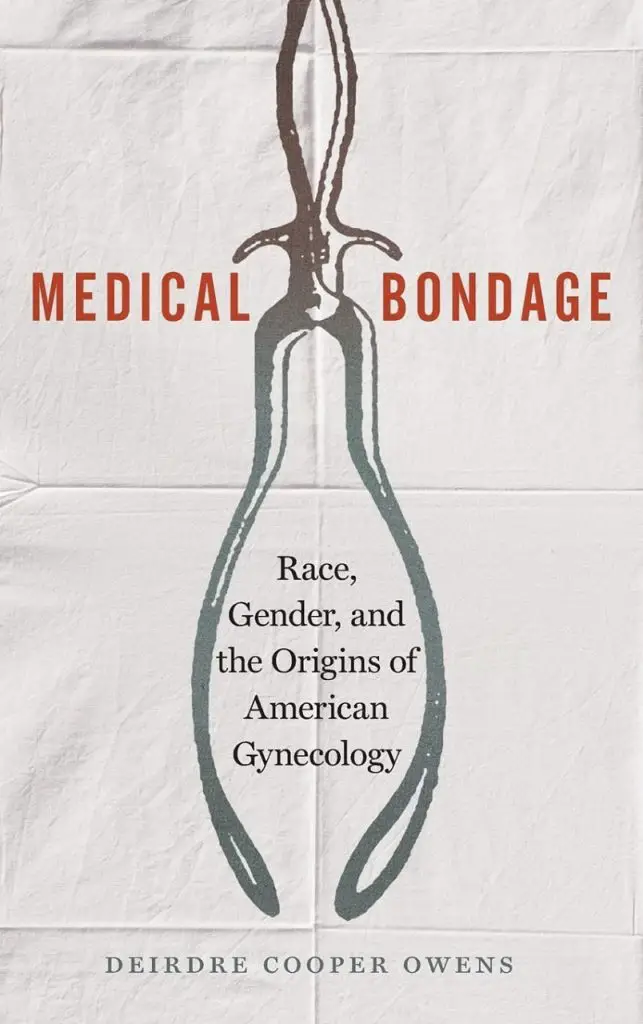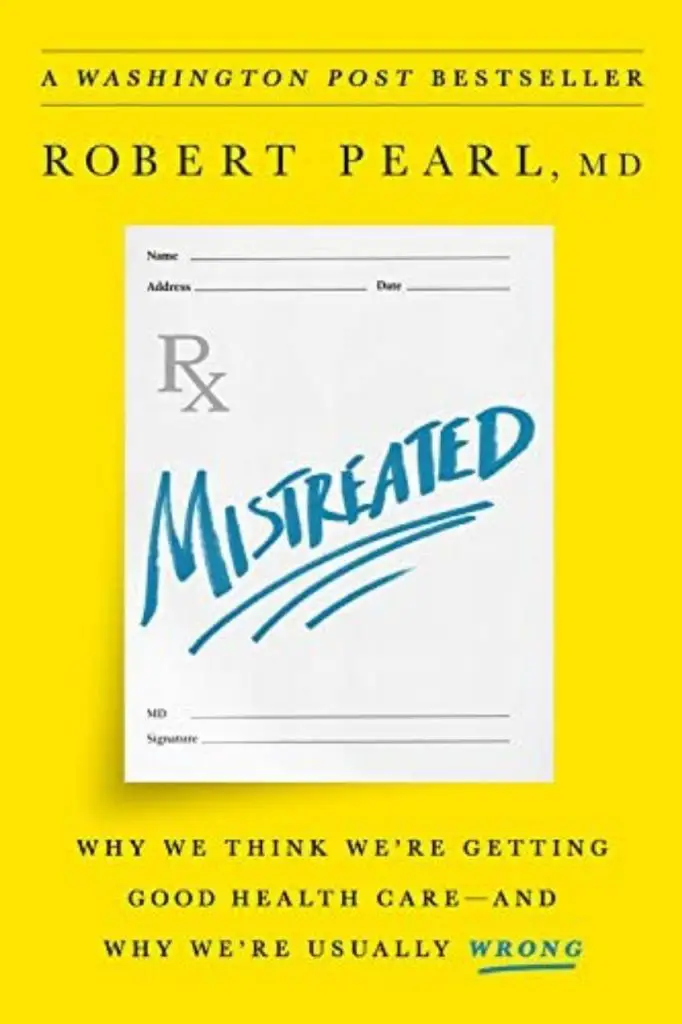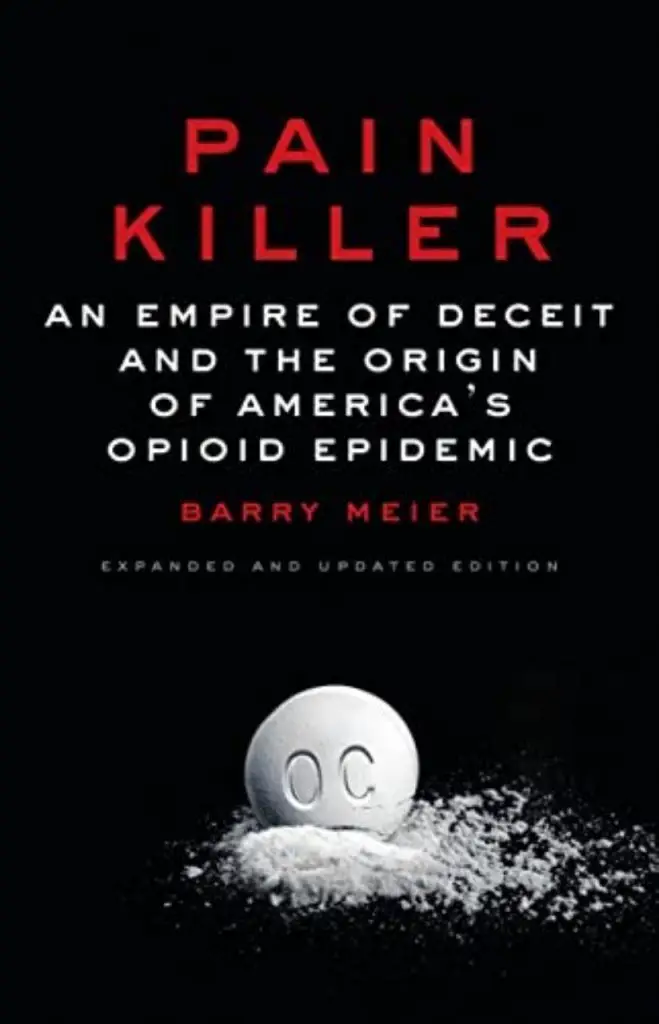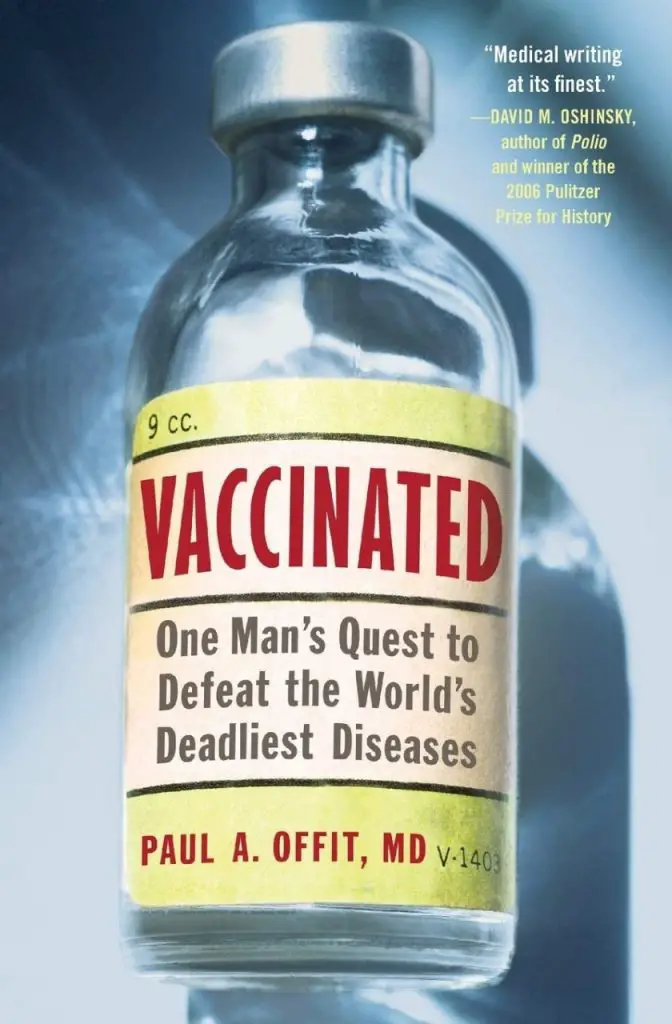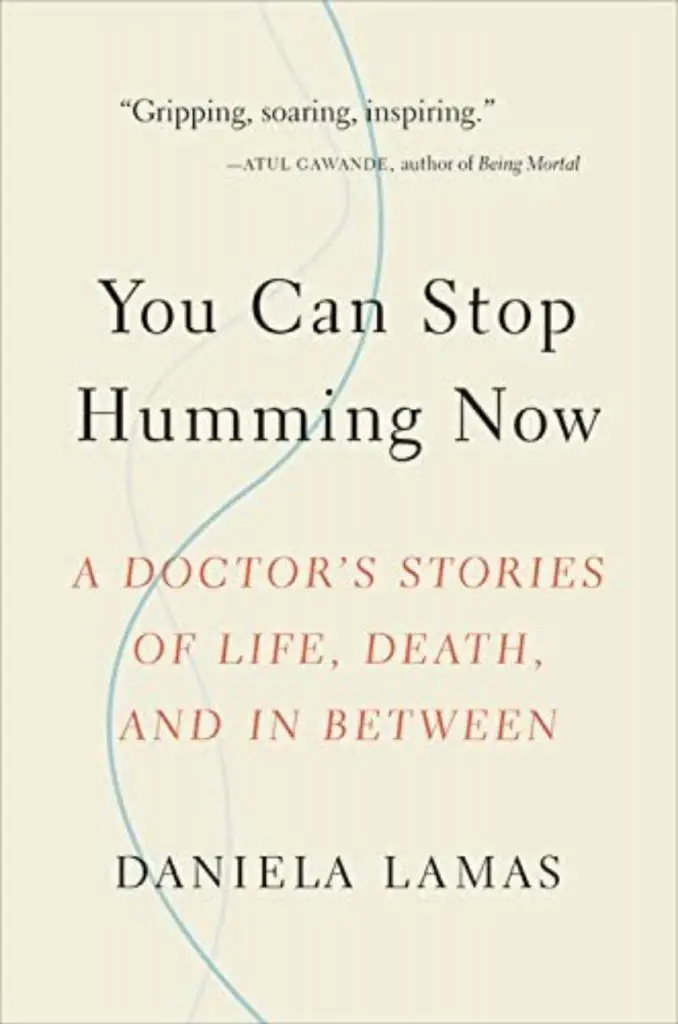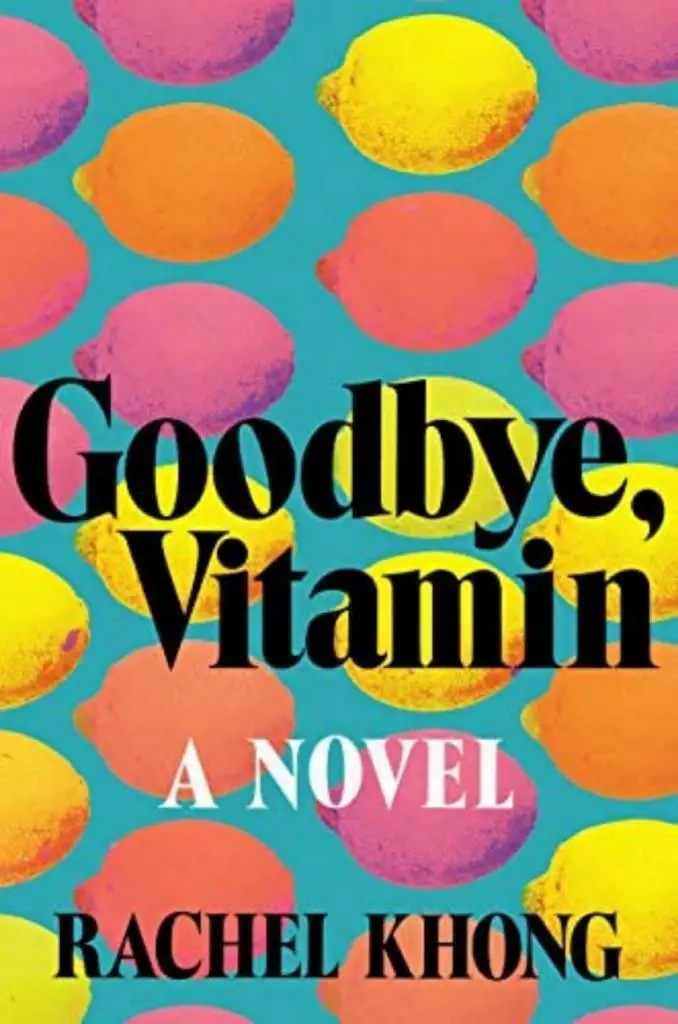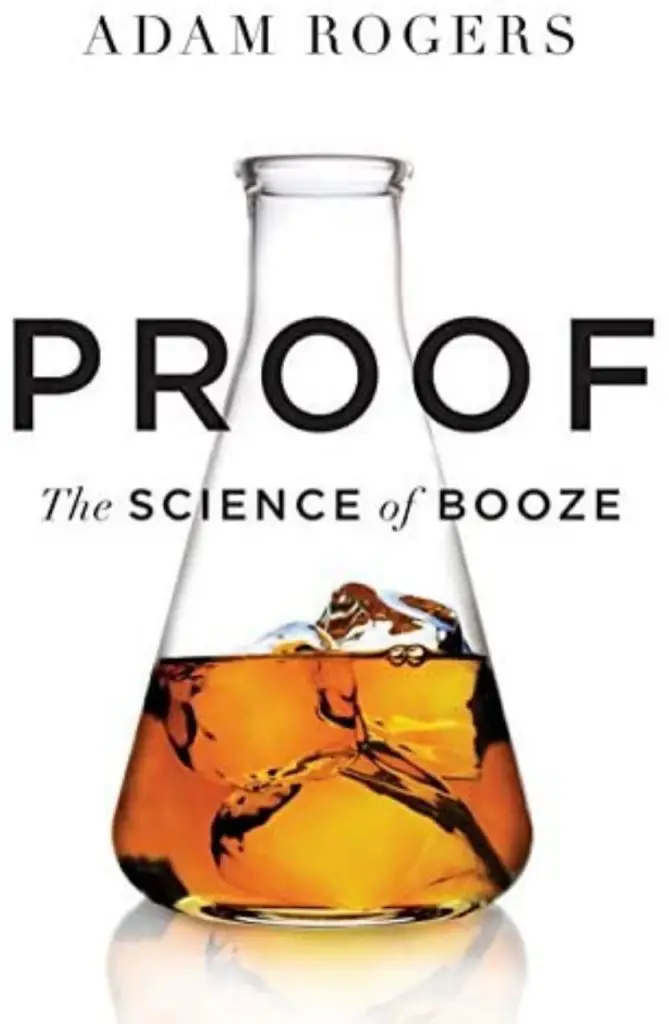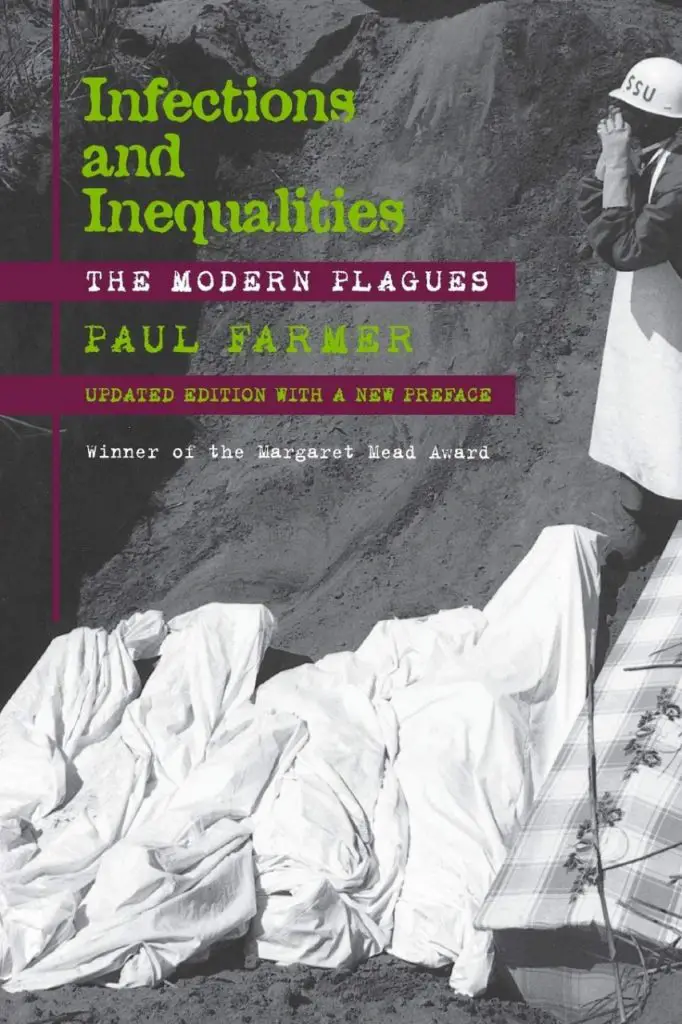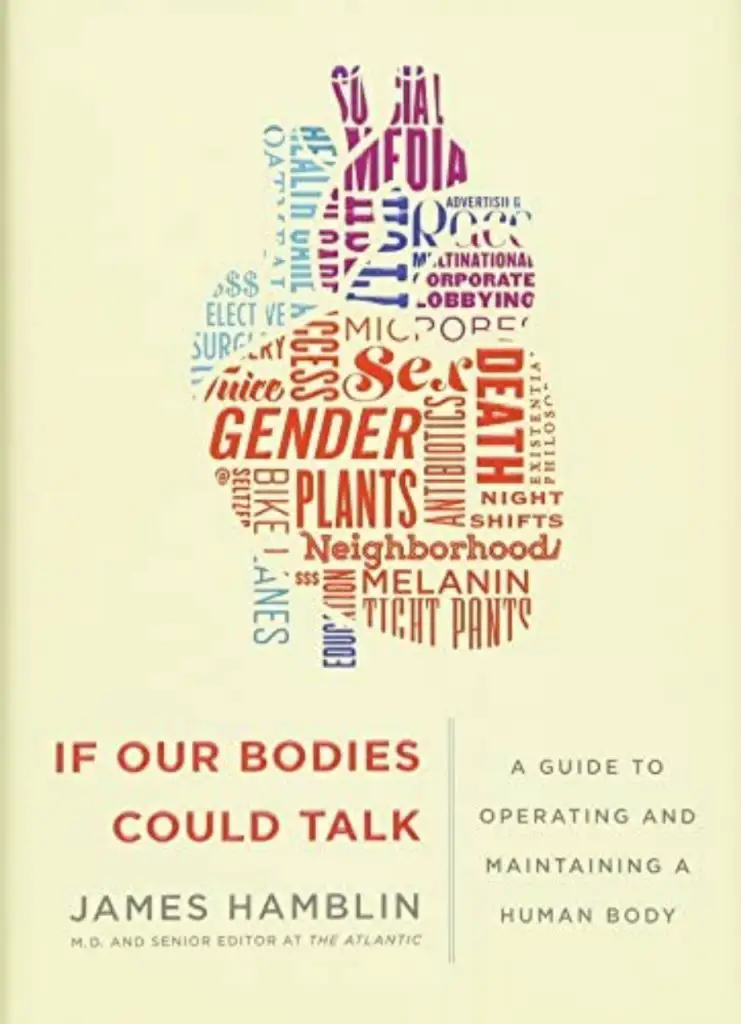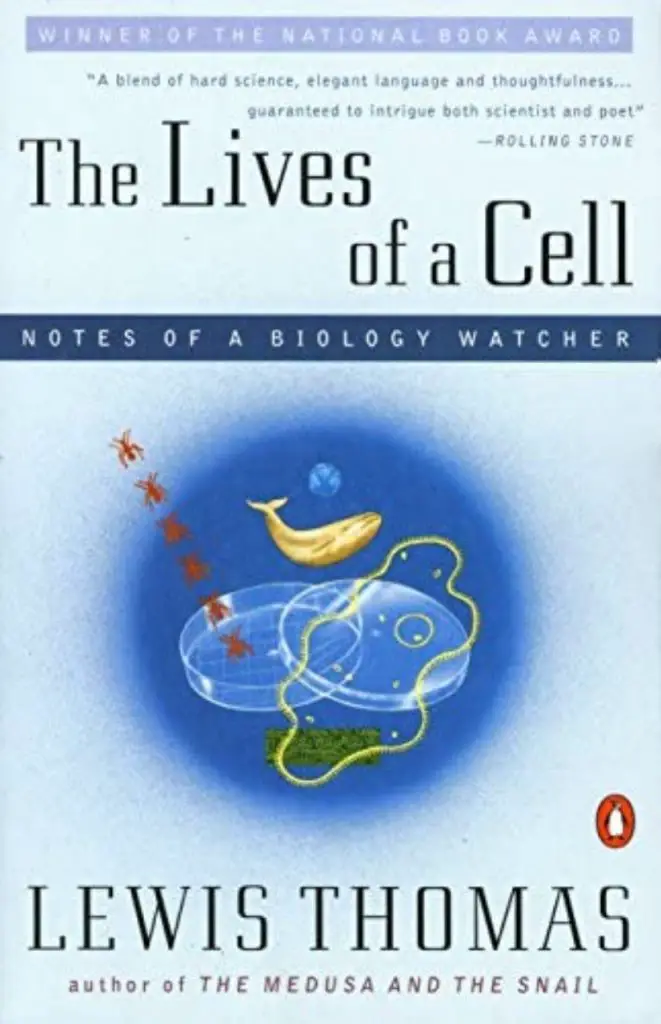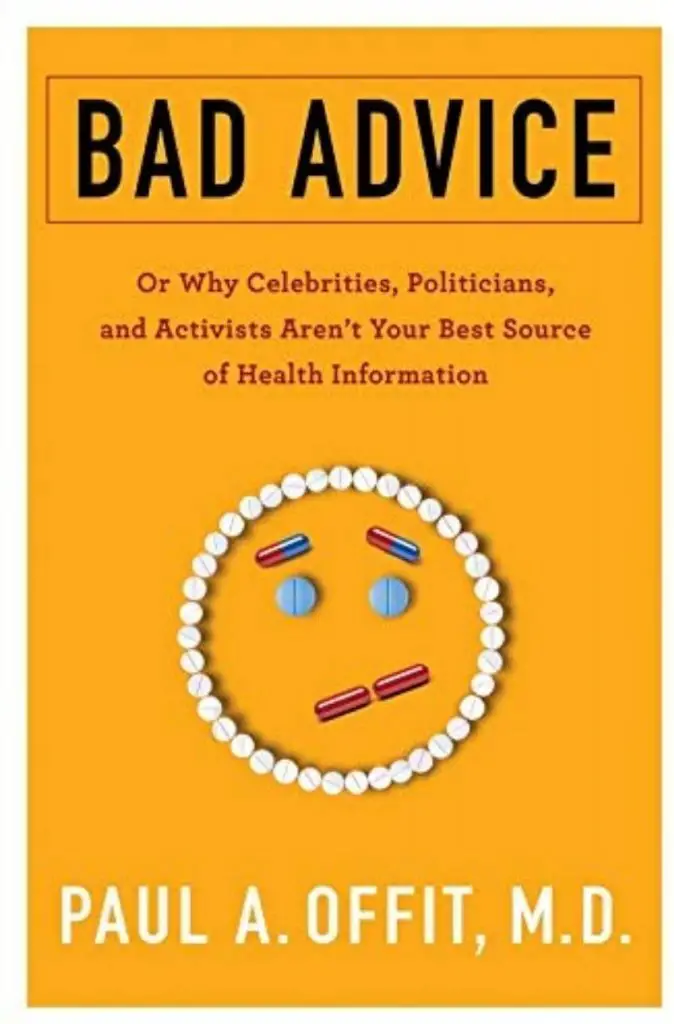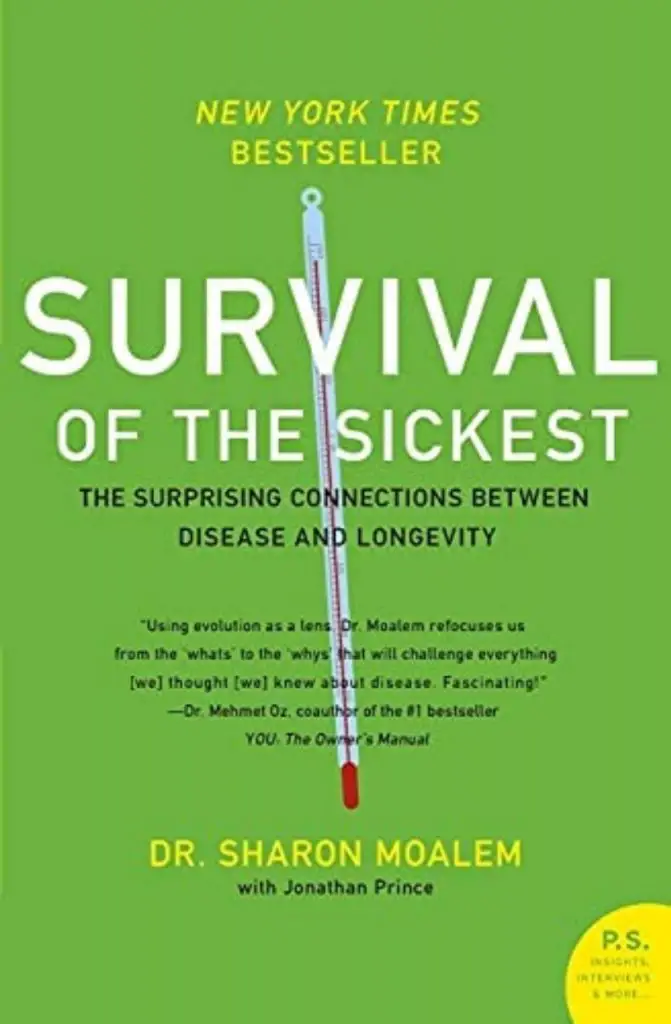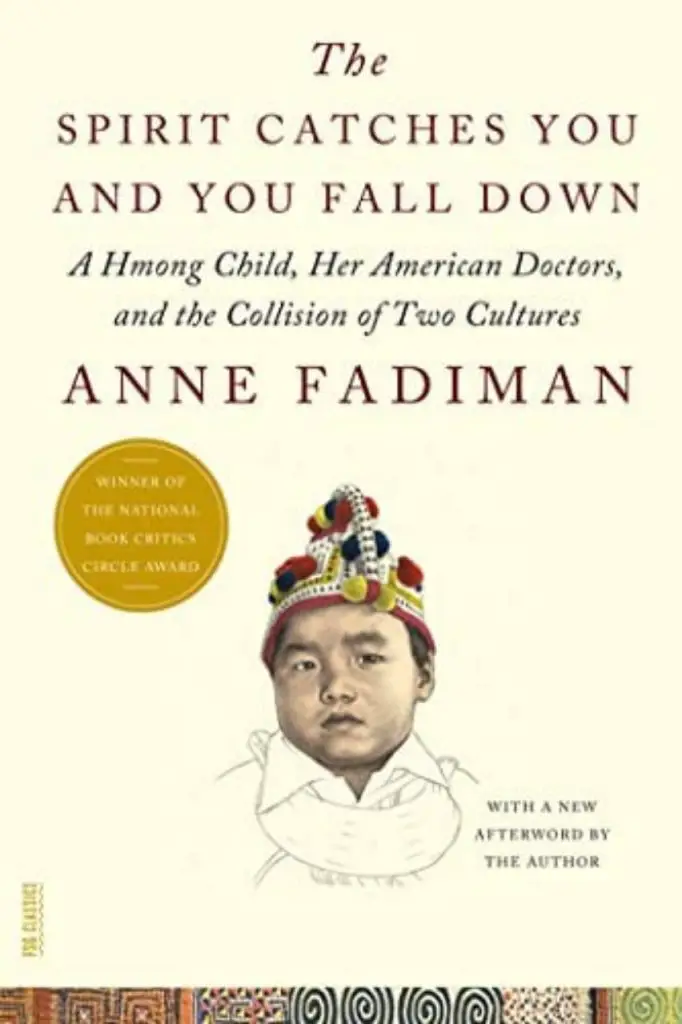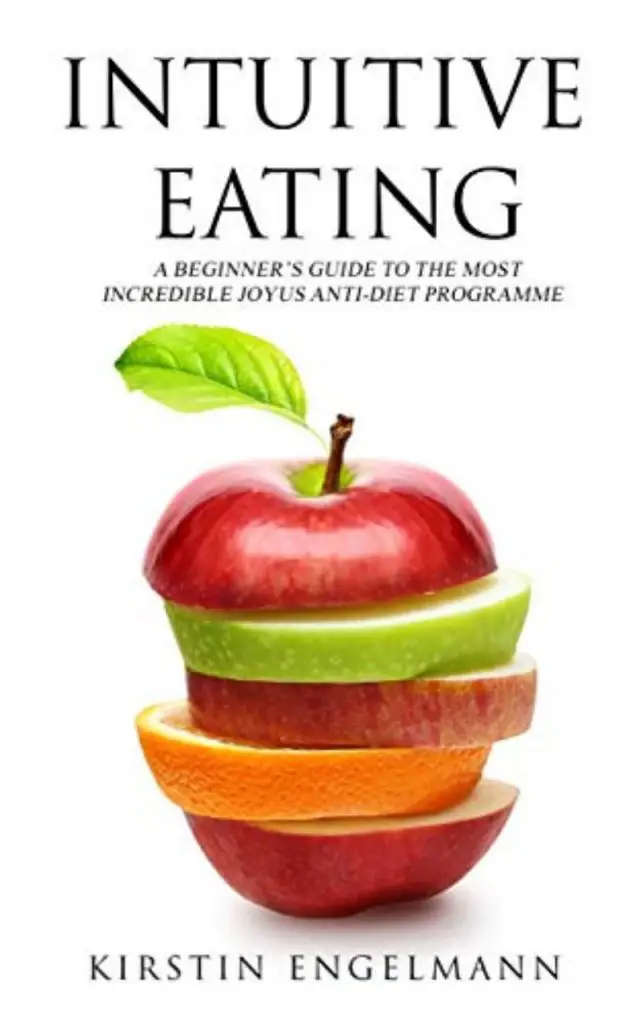Ever wondered what the must-read Health Science books are? Here is our take.
By choosing the right books to read, you will be able to save time and feel more confident about your choice. If you’re looking to invest your time wisely, it’s important to read the right books.
We’ve curated a list of the best Health books that you can read in your free time and feel more confident about your choices.
Our selection of books is based on experts’ opinions and helps researchers develop their next breakthrough ideas.
The books discuss a wide range of topics focussing on the lives of patients, physicians, and the perfect health policy for everyone.
This helps you become a modern-day Renaissance polymath.
Let’s explore!
Table of Contents
Must-Read Health Science Books Overview
- The Great Influenza [Get the Book]
- Medical Bondage [Get the Book]
- Mistreated [Get the Book]
- Pain Killer [Get the Book]
- Vaccinated [Get the Book]
- You Can Stop Humming Now [Get the Book]
- Goodbye, Vitamin [Get the Book]
- Proof: The Science of Alcohol [Get the Book]
- Infections and Inequalities [Get the Book]
- If Our Bodies Could Talk [Get the Book]
- The Lives of a Cell [Get the Book]
- Bad Advice [Get the Book]
- Fighting For Space [Get the Book]
- Survival of the Sickest [Get the Book]
- The Spirit Catches You and You Fall Down [Get the Book]
- Intuitive Eating [Get the Book]
Best Books for Health Students
The Great Influenza: The Story of the Deadliest Pandemic in History by John Barry
Intro-Why you should read it
The Great Influenza offers a sobering model for addressing one of the deadliest epidemics in the history of humanity.
Summary-What this book is about
Barry argues that those in positions of power must maintain the public’s trust.
The Great Influenza by John Barry analyzes the effects of the world’s most deadly epidemic, the influenza virus.
This virus broke out in a Kansas army camp before spreading east due to World War I. The virus killed around 100 million people in the world.
Key Takeaways
- John Barry paints an accurate picture of the US healthcare system from 1876.
- The book highlights the various methods to contain a pandemic, but the medical jargon might take some effort for non-medical-profession people.
Medical Bondage: Race, Gender, and the Origins of American Gynecology by Deirdre Owens
Intro-Why you should read it
Medical Bondage presents a shocking tale of what happens behind closed doors in hospitals and its effect on patient care and population health.
This book centers on three gynecologists in a hospital – Doctor James Sims, Doctor Nathan Bozeman, and Doctor John Mettauer.
Summary-What this book is about
Medical Bondage delves into the reasons why these medical doctors only valued women as tools for their experiments.
Their activities, including conducting experimental procedures on women, form the basis of Deirdre’s Medical Bondage.
Owens also discusses several popular scientific publications where gynecologists share misleading information about female patients, gynecology practice, medicine, and healthcare concepts.
Medical Bondage shows how 19th-century American conceptions about health, race, and class shaped patient-doctor relationships in healthcare, medical science, hospital, and slave cabins.
Key Takeaways
- This book gives an overview of the atrocities medical practitioners inflict on patients with our trust in physicians and health care professionals
- Although Medical Bondage reads like a textbook, it boasts evidence-based information and real-life stories
Mistreated: Why We Think We’re Getting Good Health Care–and Why We’re Usually Wrong by Robert Pearl
Intro-Why you should read it
Mistreated offers a roadmap to a brighter and healthier future. This book provides a unique perspective on the deterioration in the healthcare sector.
Summary-What this book is about
Dr. Robert Pearl argues that medical mistakes are both personal and professional issues.
Mistreated explores why medical misconceptions are widespread. The author suggests that changing US healthcare’s technology, structure, leadership, and financing could make a big difference in the sector’s quality.
Key Takeaways
- This book offers readers an overview of how adopting advanced technology will help improve the quality of the healthcare system.
- Dr. Pearl uses intriguing stories to emphasize important principles of behavioral economics, psychology, neurobiology, and healthcare science.
- Mistreated highlights contemporary US medical care with the clarity of one who understands the field.
Pain Killer: An Empire of Deceit and the Origin of America’s Opioid Epidemic by Barry Meir
Intro-Why you should read it
The PainKiller is a detective story and a crime thriller that a career physician, medical science student, or healthcare student will enjoy reading.
Summary-What this book is about
This book discusses how drug overdoses caused approximately 250,000 deaths in America between 1999 and 2017.
Purdue Pharma’s relentless marketing led to one of the deadliest epidemics in the United States.
Barry Meier’s book explores how Purdue made OxyContin a billion-dollar company.
The book also tells a shocking story of the US Justice Department’s inability to stop the opioid crisis.
Key Takeaways
- Pain Killer is a story about greed and good fortune for some and death for others. A New York Times reporter, Barry Meier, explains how the desire for maximum profits leads to common health issues in the decision of a physician, a hospital, and the medical world.
- This book offers stories of how the drugs that were supposed to kill pain ended up killing people. Barry Meir gives the shocking story with the precision of a career investigative journalist.
Vaccinated: One Man’s Quest to Defeat the World’s Deadliest Diseases by Paul Offit
Intro-Why you should read it
Paul Offit follows the story of Maurice Hilleman and his contributions to medicine and health policy.
You’ll learn the importance of vaccines in contemporary medical science.
Summary-What this book is about
Paul Offit utilizes a compelling writing style to headline Maurice’s discoveries in the field of vaccines.
Written by a prominent vaccinologist, Vaccinated explores vaccines, including their history and evolution.
Key Takeaways
- Many students are inspired by the true story of Dr. Maurice Hilleman’s personal journey and career path that led to the modern use of vaccines.
- The book highlights the world’s deadliest diseases and their impacts with the clarity of a good storyteller.
- While ‘Vaccinated’ may not be the best for understanding ‘HOW’ vaccine works, it is a profound exploration of the ‘WHY’ of a physician.
You Can Stop Humming Now: A Doctor’s Stories of Life, Death, and In Between by Daniela Lamas
Intro-Why you should read it
You Can Stop Humming Now is a compelling, beautifully described, and highly intimate exploration of people’s realities and choices in life.
Summary-What this book is about
An intensive care specialist wrote You Can Stop Humming Now explores what happens to individuals who get extra days to live due to technology and treatments.
This book presents readers with exciting life experiences told by the patients and those related to them.
Key Takeaways
- This book uncovers the delicate border between health and illness.
- Daniela Lamas explains the importance of technology in ensuring quality public health.
- The book also explores medical practitioners’ tough decisions and realities when offering healthcare services.
Goodbye, Vitamin: A Novel by Rachel Khong
Intro-Why you should read it
This award-winning book offers you the motivation you may require to achieve your breakthrough.
Goodbye, Vitamin highlights family, love and inspires you to find your path in life.
Summary-What this book is about
In this witty and inescapably emotional debut, a young woman returns home after quitting her job and engagement.
She finds her situation more complicated than she had imagined. Her father is about to lose his memory. Her mother is eccentric.
Goodbye, Vitamin is widely recognized for the author Rachel Khong’s ability to capture both the humor and love of watching a parent lose their memory (and a job in a university as a well-regarded professor).
Key Takeaways
- This lovely book motivates those facing life challenges with its bittersweet discussion on hardships.
- A story about a woman named Ruth, who works in a hospital as a radiology technician after her fiancé dumps her. She reluctantly returned home to take care of her dad who suffers from dementia.
- As a reader said, “this book will give you hope as it breaks your heart.” As our parents age and age, we might learn a great deal from this book about an increasingly common disease.
Proof: The Science of Alcohol by Adam Rogers
Intro-Why you should read it
University students or anyone interested in metallurgy, alcohol production, physics, chemistry, and biology may want to read this book.
Summary-What is this book about
Scientists are now beginning to figure out the chemical processes that make the perfect drink.
Adam Rogers’ Proof takes you on a boisterous trip spanning cultures and continents to the world’s best gene-sequencing laboratories.
Key Takeaways
- This book breaks down the complex process of alcohol production into simple bits that are easy to grasp.
- Proof carries researched-based stories with interesting material, but the jargon makes it difficult read to a layperson.
- Adam Roger gives you an overview of the scientific facts necessary in evaluating the influence of alcohol on population health.
Infections and Inequalities: The Modern Plagues by Paul Farmer
Intro-Why you should read it
In Infections and Inequalities, Paul Farmer discusses the struggle against AIDS, tuberculosis, and other modern-day plagues.
Summary-What this book is about
This book covers modern strategies and treatment methods that will help us fight deadly diseases.
Key Takeaways
- Paul Farmer’s book explains the relationship between inequalities and poor health.
- This book describes how we can contain treatable diseases.
If Our Bodies Could Talk: Operating and Maintaining a Human Body by James Hamblin
Intro-Why you should read it
Students looking for insights into how the human body works and the prospect of healthcare sciences should consider this book.
Summary-What this book is about
If Our Bodies Could Talk is a well-illustrated, thorough guide that will both educate and entertain you.
Hamblin utilizes funny prose to discuss human tales behind public health questions.
The author draws from his in-depth medical knowledge to cover many issues, including sleep, aging, nutrition, and more.
Key Takeaways
- This book is the medicine to the rampant misinformation in today’s work. It offers a more thorough education than most manuals would give.
- The book, If Our Bodies Could Talk, headlines a clear discussion of the limits of human uncertainty.
The Lives of a Cell: Notes of a Biology Watcher by Lewis Thomas
Intro-Why you should read it
The Lives of a Cell shows Lewis Thomas’s passion for life. He sparks a compelling discussion on the science of life in this book.
Summary-What this book is about
Lewis Thomas’s evocative and illuminating writing style takes us on a journey examining the relationships between things.
This intriguing book tackles issues including medicine, insects, music, death, language, computers, and germs.
He also argues for the benefits of being a social species.
Key Takeaways
- The Lives of a Cell presents an intriguing argument on the hidden relationships of all things.
- This timeless classic is poetic in its exploration of the cell, but the use of unfamiliar language to explain complex topics makes it a hard read for lay readers.
Bad Advice: Or Why Celebrities, Politicians, and Activists Aren’t Your Best Source of Health Information by Paul Offit
Intro-Why you should read it
Learners looking to read a book on issues affecting health may consider Bad Advice by Paul Offit.
Summary-What this book is about
Paul Offit provides knowledge on how to battle misinformation.
The book employs wit to explain to guide readers on ways of dealing with quack specialists and self-proclaimed campaigners.
Key Takeaways
- Paul Offit offers his argument on reality from the viewpoint of a scientist.
- This book explains how self-appointed advisors contribute to health and health-related issues and misinformation.
- As a medical student, you need good decision-making skills to fight the spread of false information on health and science. Paul maintains his stand in the fight against misinformation.
Fighting For Space: How a Group of Drug Users Transformed One City’s Struggle with Addiction by Travis Lupick
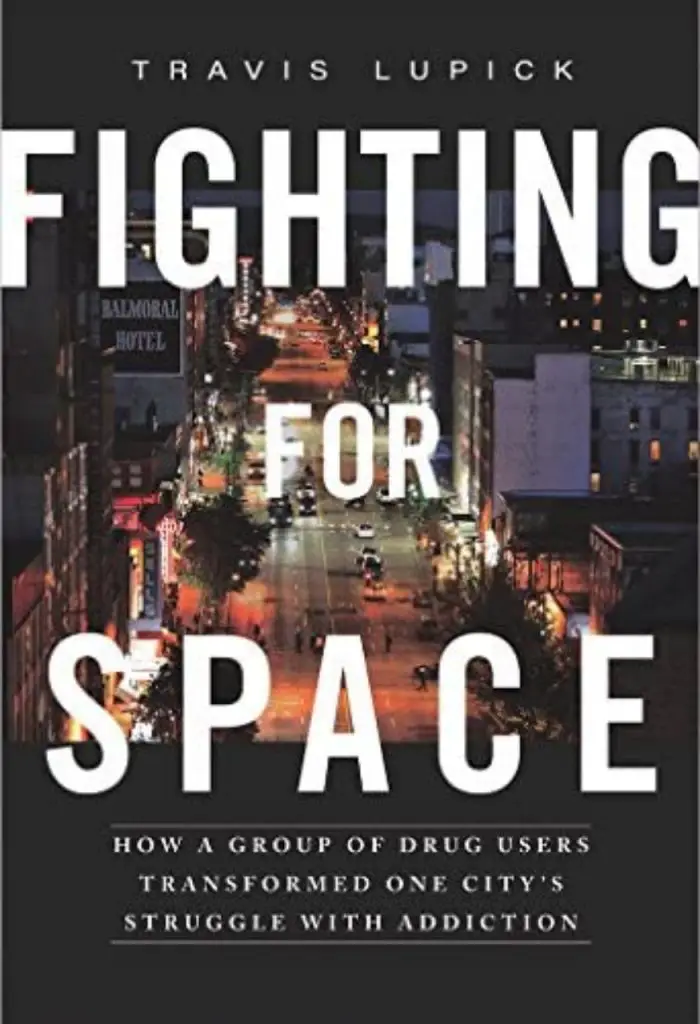
Intro-Why you should read it
This compelling book may appeal to any student looking to learn more about harm reduction principles in the fight against drug addiction.
Summary-What this book is about
Fighting For Space explores the journey of Vancouver-based addicts who came together to change the city’s treatment of a section of residents.
The group held a street fight to champion the rights of addicts. This transformation formed the basis of reforms in the US cities of Ohio, Florida, California, New York, and others.
The book uses case studies to explore the experiences with drug addiction and government reforms.
Key Takeaways
- This book guides us on how we can save lives. Travis Lupick insists on giving dignity to addicts as a step in saving their lives.
- Fighting for Space serves as a reminder to authorities to utilize critical thinking when looking for solutions to problems in our lives and places of work.
- Travis Lupick’s book, like most medical training institutions, recommends good decision-making skills in the fight against urgent problems.
Survival of the Sickest: The Surprising Connections Between Disease and Longevity by Sharon Moalem
Intro-Why you should read it
Dr. Sharon Moalem, who joins the contemporary myth busters, challenges how humans think about their health, bodies, and relationships.
Summary-What this book is about
This book proposes that common diseases arose to assist our forefathers in surviving major challenges in their lives.
Moalem uncovers the roles of cultural and genetic differences in health.
Key Takeaways
- Survival of the Sickest gives an interesting perspective on human diseases. Moalem argues that diabetes may be a side effect of the human system during the ice age.
- The book also provides an argument on why Asians are unable to consume the same amount of alcohol as people from European countries.
- This book is one of the most intriguing books on physiology, philosophy, and human medicine for a lay reader.
The Spirit Catches You and You Fall Down: A Hmong Child, Her American Doctors, and the Collision of Two Cultures by Ann Fadiman
Intro-Why you should read it
This book tackles American medicine in a way that appeals to medical professionals and learners alike.
First released in 1997, “The Spirit Catches You and You Fall Down” became an immediate classic in the profession of medical ethics.
Summary-What this book is about
This book focuses on the life of a Hmong girl named Lia Lee and examines immigrants’ interactions with the American medical system.
The Spirit Catches You, and You Fall Down explores the convergence between immigration and US healthcare.
Key Takeaways
- This incredible eye-opener covers the importance and practice of patient caregivers globally.
- The author highlights the importance of cultural competence in the practice of medicine.
- True stories make this book an engaging read for beginner-level medical doctors before a long career in practice. Ann Fadiman tells the story of a Hmong immigrant to reveal the patient-doctor relationship.
Intuitive Eating by Kirstin Englemann
Intro-Why you should read it
This book provides a detailed description of diets, making it one of the best books for dietitians, healthcare professionals, and healthcare students.
Intuitive Eating is a long-term, patient-centered approach to nutrition that we should adhere to.
Summary-What this book is about
The book delves into the science behind the meal plan, including the method and process of building the plan.
Intuitive Eating covers food, diet culture, and mindful eating.
Key Takeaways
- The author singles out discipline as the key to seeing your diet through.
- This book provides good tips on nutrition, but it would read better after editing.
Conclusion
We recommend the best health books for students and professional medical doctors.
We considered the opinions of top Medical Training institutions, including the Harvard Medical School to create this list.
Whether you are an aspiring physician, or a student looking for information on health sciences, this article has the books you need.
Reference
[1] https://www.statnews.com/2018/06/25/summer-book-list-health-science/
[2] https://www.edumed.org/blog/9-best-books-for-healthcare-students-and-professionals/



